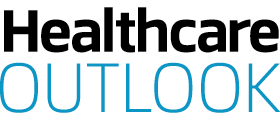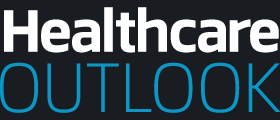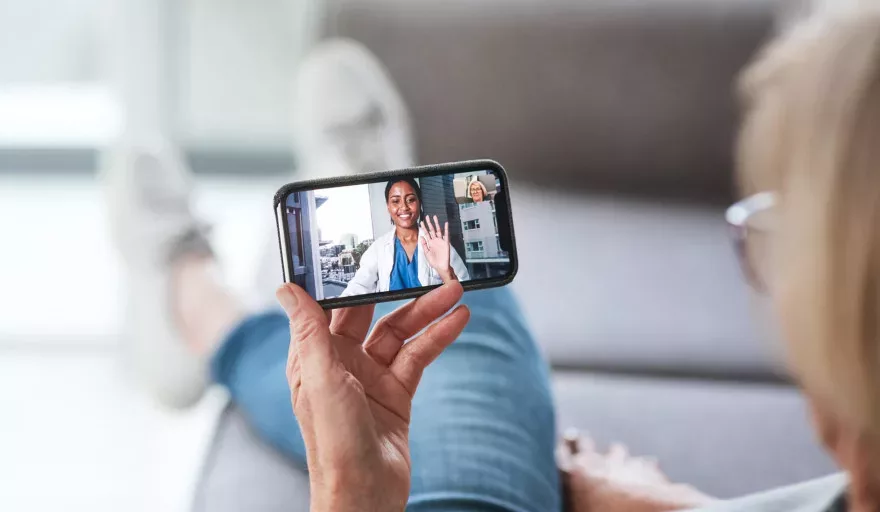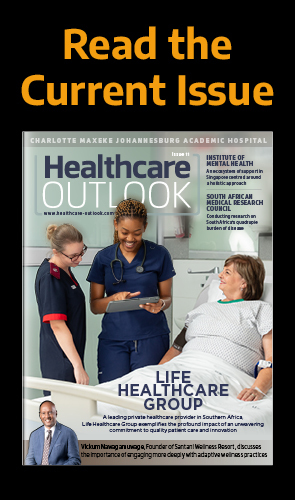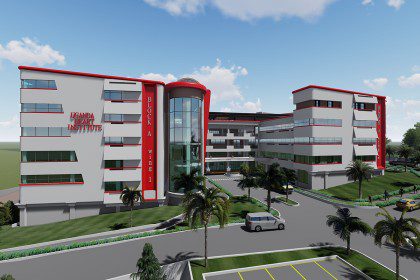Championing digital cancer care services in the US, we take a look at EMRO Doctors Inc and speak with co-founder Dr Eva Szabo, about the innovative advantages of virtual healthcare.
INTRODUCTION
Healthcare is evolving.
The past two years have seen the healthcare industry adapt and transform in response to the impact of the COVID-19 pandemic, and amid concerns about physical contact and the spread of viruses in the hospital environment, the sector has increased its adoption of digital tools as a means to help answer this new challenge.
In the realm of cancer care, EMRO Doctors Inc (EMRO) is one such company supplying these tools. EMRO provides an integrative and innovative virtual consulting telehealth platform for professionals, cancer patients and their families, and businesses and their employees.
“The whole concept of EMRO developed from the need to provide digital services for cancer patients in 2019, aimed to revolutionize cancer care and allow patients to take their cancer journey into their own hands,” introduces Dr Eva Szabo, co-founder of the company. “My business partner and fellow co-founder Dr Brandon Meyers, a medical oncologist, recognized this same need for physicians when it came to offering more available services and help to both patients and professionals.
“There are many telehealth platforms across the globe, but a lot of these are focused on prescriptions or mental health, or general issues that patients face. EMRO was built for specialists to interact with their patients.”
EMRO.CLOUD
EMRO.Cloud is the company’s primary offer; a platform that enhances cancer care by providing fast, safe, and quality care through an integrative, one-stop digital healthcare platform that is accessible from anywhere at any time.
“EMRO.Cloud offers the patient a safe and easily accessible virtual platform for them to see and speak to their physicians, to ask medical questions as well as receive first and second opinions on their cancer diagnosis,” Szabo explains. “It also allows patients’ family physicians or family members to join virtually from anywhere in the world, yet this kind of video conferencing also provides additional advantages for both medical professionals and their patients.
“When a patient makes a physical visit to speak to a doctor, they may often forget important information or details because they don’t know what to ask for due to nerves or any number of distractions. Through EMRO.Cloud, the patients are able to communicate more frequently and bring up points they may have missed before, or simply email the physician with regular updates.”
EMRO.Cloud allows the patient to become fully involved with their specific medical needs and cancer journeys, while keeping them continually updated using an easily accessible system that retains a digital and current account of diagnosis and notes.
“The physicians are able to access a patient’s virtual data from laptops, tablets and smart phones, and send this information securely to additional medical specialists for second opinions,” Szabo continues. “This allows physicians to have access to a global patient pool and for patients to receive the best diagnostics and medical help from experts worldwide.
“In this way, the physician is able to help the patient fully understand their cancer journey, and help them by utilizing expertise from across the globe.”
MOVING FORWARD WITH DIGITAL
EMRO.Cloud not only represents the newest form of cancer care services, but it is also incorporating the latest technology to best serve those who use it.
“One of the biggest projects that we are undertaking is training our systems to have machine learning (ML) and artificial intelligence (AI) capabilities, so that we are able to pull from different medical sources and give patients their personal treatment strategies that are specifically based on their genetic profiles,” Szabo elaborates. “This relates to individual patient DNA, what kind of mutations the cancer is showing, and as a result, offering patients an individual path of treatment.
“This is a significant part of EMRO.Cloud moving forward, and we are training up physicians to use the systems which will save them time as well as produce more accurate results and help better monitor each patient’s status and files. Gone are the days when physicians had to sift through hundreds or thousands of pages of patient records.”
“EMRO was built for specialists to interact with their patients”
Dr Eva Szabo, co-founder, EMRO Doctors Inc.
THE ORIGIN OF EMRO
For Szabo, EMRO’s founding was a result of COVID-19’s impact over the past few years. Starting her career as an academic researcher after undertaking a PhD in stem cell research (that overlapped with cancer research), Szabo followed up with a post-doctoral fellowship that also involved many aspects focusing on both areas.
“As I moved forward, I became more involved with the pharmaceutical industry and enjoyed the continuous development of the sector, realizing that I was more interested in the industry side of healthcare over the academic,” she tells us. “I pursued an MBA at Cornell-Queens in 2019, and within that program each of us developed an individual project.
“I focused mine on digital transformation in the cancer care field. At the time of starting this project COVID-19 suddenly impacted the globe, and I realized that there actually wasn’t much readily available for vulnerable patients when it came to digital services.”
The project became a business plan, and together Szabo and Meyers brought to life a much-needed virtual service for cancer patients.
THE FUTURE OF HEALTHCARE SERVICES
Moving ahead into 2022 and beyond, EMRO.Cloud is at the core of the company’s focus, with the virtual medical environment becoming a new and recognized frontier on the stage of global healthcare.
“Everything is moving towards the digital side,” Szabo says. “People want to have access to their specialists from anywhere, anytime, and on any device. Patients want to be able to access their files and stay up to date with their records, because it is their right to have access to these files whenever they wish, and they should also be able to share whatever they want with the specialists trying to help them. On top of this, patients deserve to have access to alternative opinions, especially when it comes to information that could be life-changing or potentially fatal.
“Having the future of the healthcare system incorporate digital records and services is critical to helping patients and professionals in the sector. In just two years we have done 10 years of work in the healthcare system; this comes down to digital transformation, and I believe that every area of healthcare will begin to utilize some form of digital service, from mental health and social workers to psychologists.”
